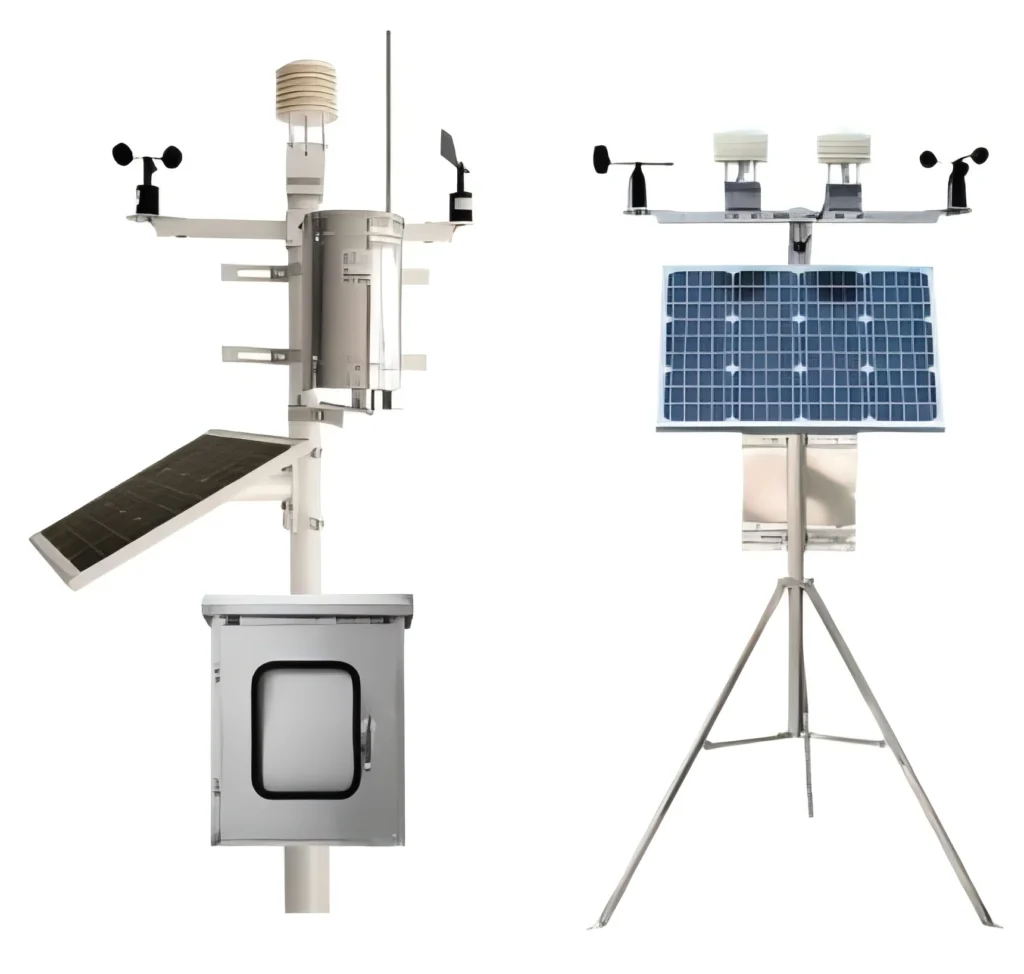# Custom Peptides for Scientific Research Applications
## Introduction to Custom Peptides
Custom peptides are short chains of amino acids synthesized to meet specific research requirements. These tailored molecules play a crucial role in various scientific investigations, offering researchers precise tools for studying biological processes, developing therapeutics, and advancing diagnostic techniques.
## Key Applications in Research
### 1. Antibody Production and Epitope Mapping
Researchers frequently use custom peptides as immunogens to generate antibodies against specific protein targets. These peptides help identify and characterize antigenic epitopes, enabling the development of highly specific antibodies for diagnostic and therapeutic applications.
### 2. Drug Discovery and Development
Pharmaceutical scientists utilize custom peptides to study protein-protein interactions, screen potential drug candidates, and develop peptide-based therapeutics. Their ability to mimic natural protein fragments makes them invaluable in rational drug design.
### 3. Cell Signaling Studies
Custom peptides serve as powerful tools for investigating intracellular signaling pathways. Researchers can design peptides that either activate or inhibit specific signaling molecules, helping to elucidate complex cellular communication networks.
## Advantages of Using Custom Peptides
The primary benefits of custom peptides in research include:
- Precise control over amino acid sequence
- Ability to incorporate modifications (phosphorylation, acetylation, etc.)
- High purity and specificity
- Cost-effectiveness compared to full-length proteins
- Flexibility in design for specific experimental needs
## Design Considerations
Sequence Selection
When designing custom peptides, researchers must carefully consider the target sequence, potential solubility issues, and the intended application. Factors like length, charge distribution, and hydrophobic/hydrophilic balance significantly impact peptide performance.
Modifications and Conjugations
Common modifications include N-terminal acetylation, C-terminal amidation, biotinylation, fluorescent labeling, and cyclization. These alterations can enhance stability, improve detection, or mimic post-translational modifications.
## Quality Control in Peptide Synthesis
Reputable suppliers implement rigorous quality control measures, including:
- Mass spectrometry (MS) for sequence verification
- High-performance liquid chromatography (HPLC) for purity assessment
- Amino acid analysis for quantitative verification
## Future Perspectives
The field of custom peptide research continues to evolve with advancements in synthesis technologies, novel modification techniques, and innovative delivery systems. These developments promise to expand their applications in personalized medicine, targeted therapies, and advanced diagnostic tools.
As research demands become more sophisticated, the ability to obtain precisely designed custom peptides will remain essential for scientific progress across multiple disciplines.
Keyword: custom peptides for research

